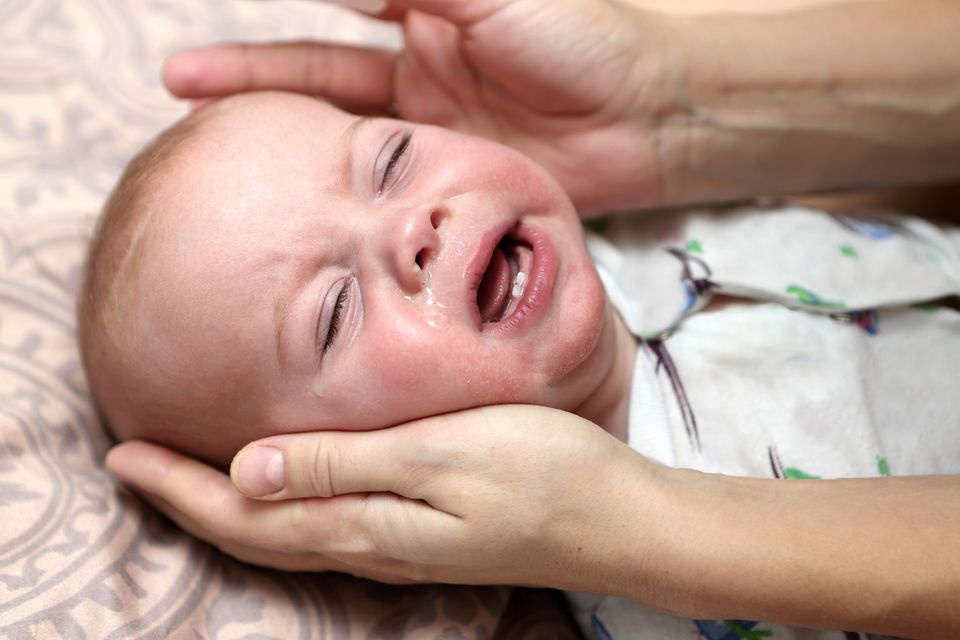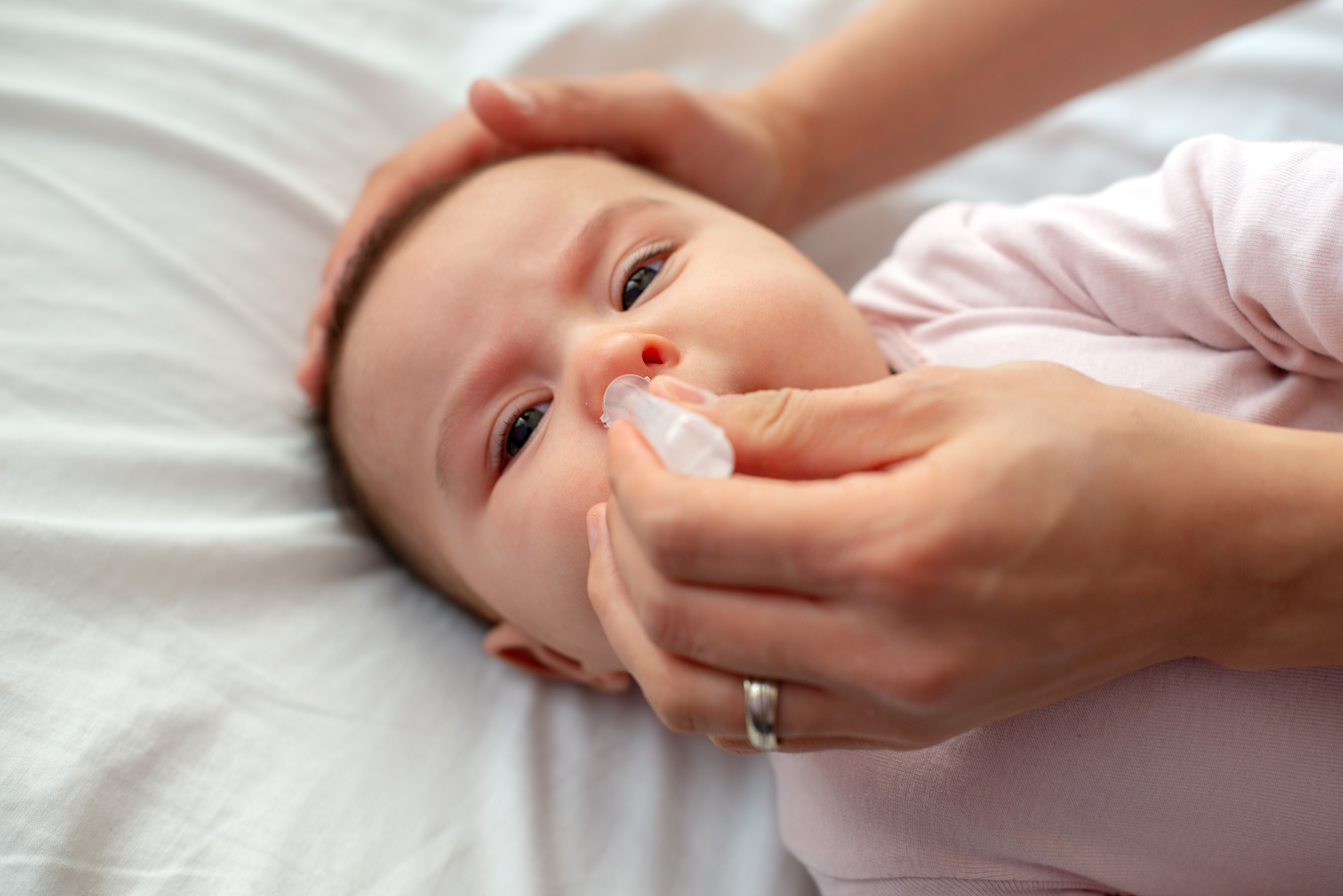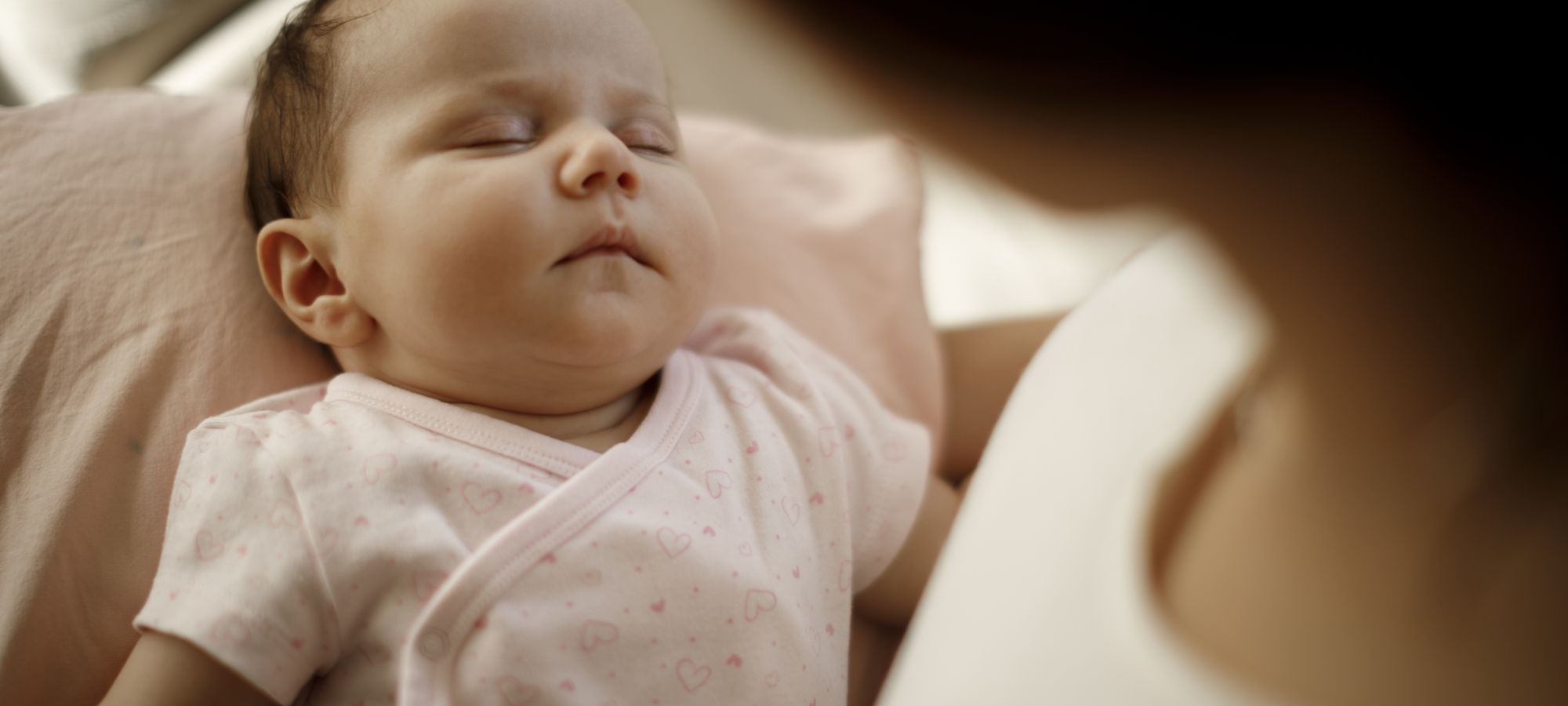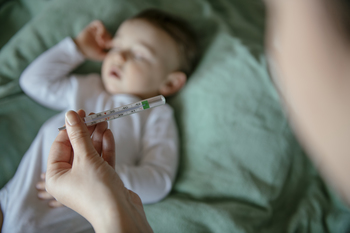RSV infection in infants and toddlers
Dr. med. Ulrike Brennan, COO and specialist in pediatrics and adolescent medicine, explains:
RSV stands for "Respiratory Syncytial Virus", and this virus mainly causes colds, coughing and, in infants and toddlers, an infection in the lungs as well as shortness of breath.
The virus is not new. People are infected by this virus every year during the cold season. As a rule, the virus is more common during certain seasons, especially in fall and in the early winter months.
Are there any explanations as to why so many children are falling ill in 2022?
During 2020, the first year of the coronavirus, there were hardly any of the usual RSV diseases in winter, and "RSV season" was cancelled. In 2021, on the other hand, we observed an accumulation of RSV infections at an unusual time, namely in the middle of summer.
The reasons for this are unknown. It seems that the coronavirus pandemic, with all its consequences, has had an impact on the seasonal occurrence of various cold viruses.
According to experts, the reason for the unusually severe RSV season this fall is that, with the elimination of the coronavirus measures, children from multiple age groups are coming into contact with the virus and falling ill at the same time.
How dangerous are RSV infections and who is most affected?

Infants under one year of age are particularly affected by RSV infection at the moment.
In addition to a runny nose and cough, they also show symptoms of bronchiolitis, i.e., an infection of the small bronchi, called bronchioles.
This also causes what's called respiratory insufficiency fairly often. This means that the child can no longer absorb enough oxygen and breathe, meaning it has to be supported in the hospital with oxygen or even ventilation.
Since the infants have difficulty breathing, this also leads to feeding issues. The infection and breathing difficulties leave them so weakened that they can no longer take in sufficient food. The children then begin producing almost no urine and become weaker and weaker.
What should I do if my baby or child has been infected?
How to look after your child while they are sick with RSV:
- Give your child plenty of fluids—breastfed children should be breastfed more often
- Clean their nose several times a day with saline rinses and use nasal spray if necessary
- Ventilate the room three to four times a day for at least 10 minutes; fresh air is important
- As long as your child is not seriously ill, go for a walk outside at least once a day
When should I take my child to the doctor?
In general, the younger your child, the more advisable it is to visit a doctor.
In the following situations, you should always take your child to a doctor quickly:
- If your child is breathing quickly or with difficulty
- If your child can no longer drink enough and is producing less urine than usual
- If your child has additional symptoms such as fever, vomiting or other complaints
- If your child's general condition is poor
- To rule out other diseases or complications
Can older children and adults get sick too?
Older children and even adults can be infected too. Children who attend a daycare center or kindergarten often get infected with the RS virus. In addition to a runny nose and cough, they often show symptoms of a febrile infection.
Sometimes older children also have obstructive bronchitis, i.e., a narrowing of the inflamed bronchi, which requires them to inhale using an asthma inhaler.
Adults often only have mild cold symptoms.
Does the high number of RSV infections only affect hospitals, or pediatric practices too?
The current very high number of infections is clearly noticeable everywhere.
We at Kinderarzthaus also treat many patients suffering from coughs and febrile infections. This means appointments are sometimes scarce. A thorough interview and consultation by phone, an examination of the children in the practice, and prompt follow-up checks help quickly identify critically ill patients and provide them with proper medical care.
How long does RSV last and how can it be treated?

An RSV infection usually lasts 7–10 days, with symptoms expected to reach their peak after 3–4 days.
There is no curative treatment available.
The most important thing is to keep cleaning the child's nose and rinsing it with saline solution. If the disease gets worse and starts affecting the lungs, the child can be treated with oxygen. Inhalation with certain medications can also help.
Artificial respiration is only necessary in rare cases.
How can parents protect their children against RSV infection? Is there a vaccine?
Unfortunately, there is no reliable protection against RSV infection—but measures such as good hand hygiene, avoiding contact with sick children or adults, and a balanced and healthy diet can have a protective effect.
There is still no vaccine. However, very sick infants, such as former preterm babies and children with heart conditions, can be protected during the RSV season with monthly antibody injections.
We are happy to answer any further questions you may have during your next visit to the pediatrician. We look forward to seeing you and your child!
November 24, 2022, Kinderarzthaus

